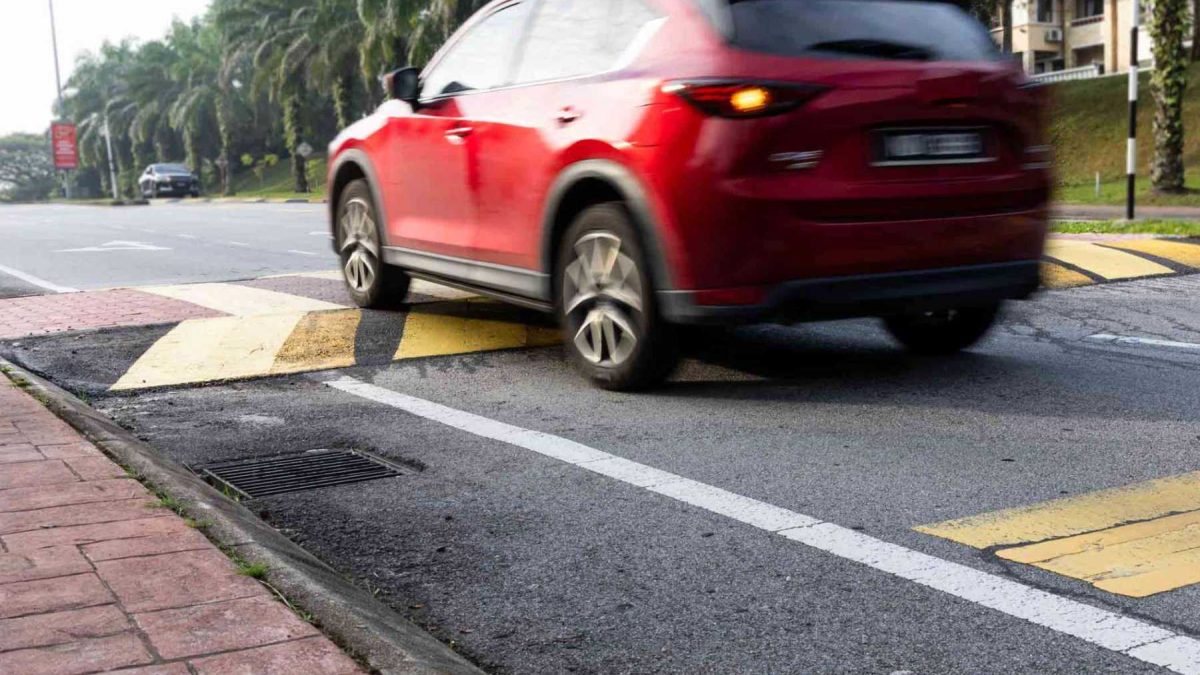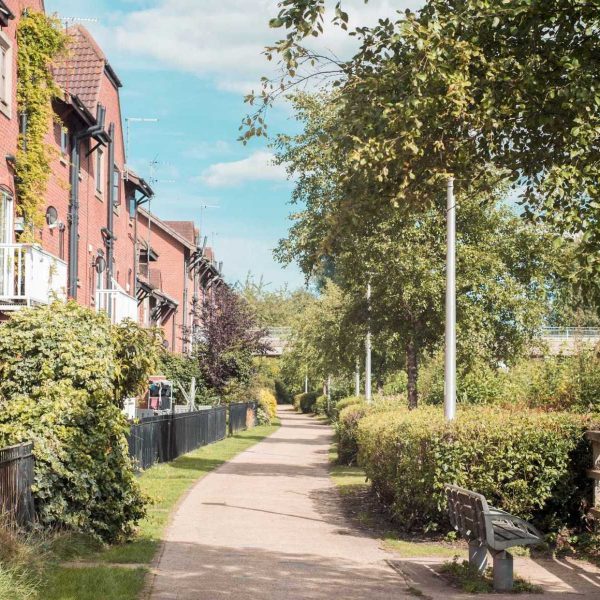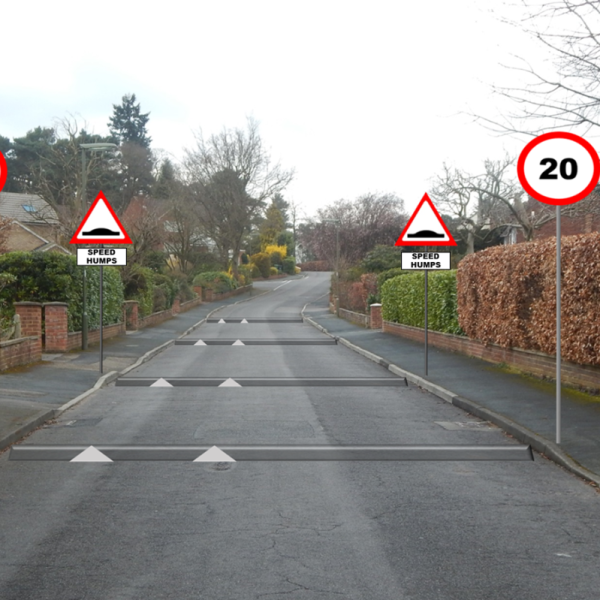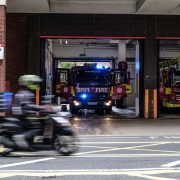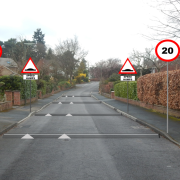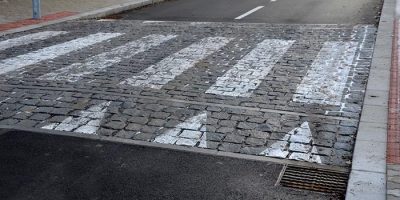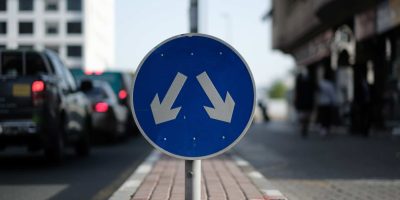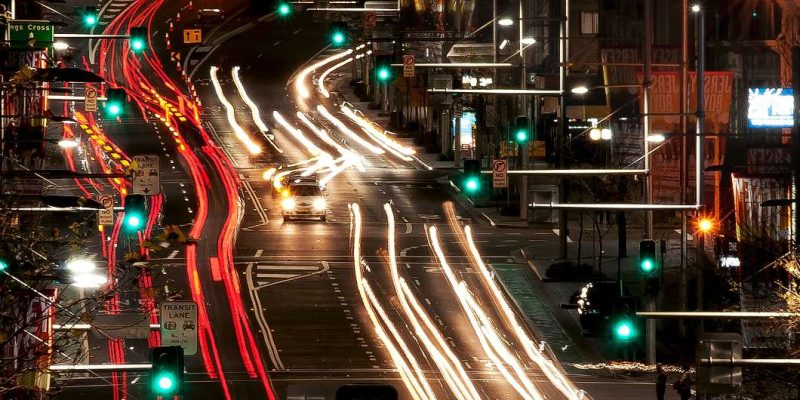
How Can We Reduce Traffic and Improve Efficiency?
The United Kingdom faces a pressing issue with traffic congestion and delays on its roads, which are among the busiest in the world.
As the population continues to grow, it becomes imperative to identify and implement solutions to alleviate congestion and enhance traffic efficiency.
One impactful approach is to invest in public transportation systems. By improving the reliability and efficiency of buses, trains, trams, and other modes of public transport, individuals are more inclined to utilize these options instead of relying solely on their cars. Consequently, this reduction in private vehicles leads to a decline in congestion, resulting in smoother traffic flow and fewer delays. Moreover, a shift towards public transport contributes to the reduction of air pollution, as fewer cars on the road translates to reduced emissions.
Another strategy to tackle traffic congestion and enhance efficiency is the implementation of road pricing schemes. This entails charging drivers for using specific roads during peak hours. By imposing such fees, the aim is to deter individuals from driving during congested periods, thus reducing the number of cars on the road at those times. Consequently, congestion is alleviated, leading to more efficient traffic flow and improved travel times. Road pricing schemes also offer potential economic benefits by providing an additional source of government revenue.
Investing in technology is another promising avenue to reduce traffic congestion and enhance efficiency on UK roads. Smart traffic systems equipped with sensors, cameras, and advanced algorithms can monitor traffic patterns in real-time. This data can be utilized to make informed decisions, such as adjusting traffic signal timings or implementing dynamic lane management. By dynamically adapting traffic management based on actual conditions, congestion can be minimized, leading to improved traffic flow and reduced delays. As technology advances, the use of autonomous vehicles, or driverless cars, also shows promise. These vehicles have the potential to reduce the number of cars on the road, as well as enhance safety through advanced sensing and communication capabilities.
Promoting alternative modes of transportation can also contribute to the reduction of traffic congestion and enhancement of efficiency. Encouraging cycling and walking as viable transportation options can have a positive impact on reducing the number of cars on the road, especially for shorter trips. Investment in cycling infrastructure, such as dedicated lanes and secure parking facilities, is crucial to incentivize individuals to choose these active modes of transport. Similarly, car-sharing schemes can enable individuals to share vehicles for their daily commute, thereby reducing the overall number of cars on the road and providing a cost-effective option for transportation.
By implementing strategies such as investing in public transport, introducing road pricing schemes, embracing technology to manage traffic flow, and promoting alternative modes of transport, the UK can mitigate traffic congestion and enhance efficiency on its roads. These measures will not only result in safer and more efficient roads but also contribute to reducing air pollution and generating additional government revenue. Furthermore, these initiatives can enhance connectivity, accessibility, and overall quality of life for individuals in urban areas by providing viable alternatives to car dependency.



